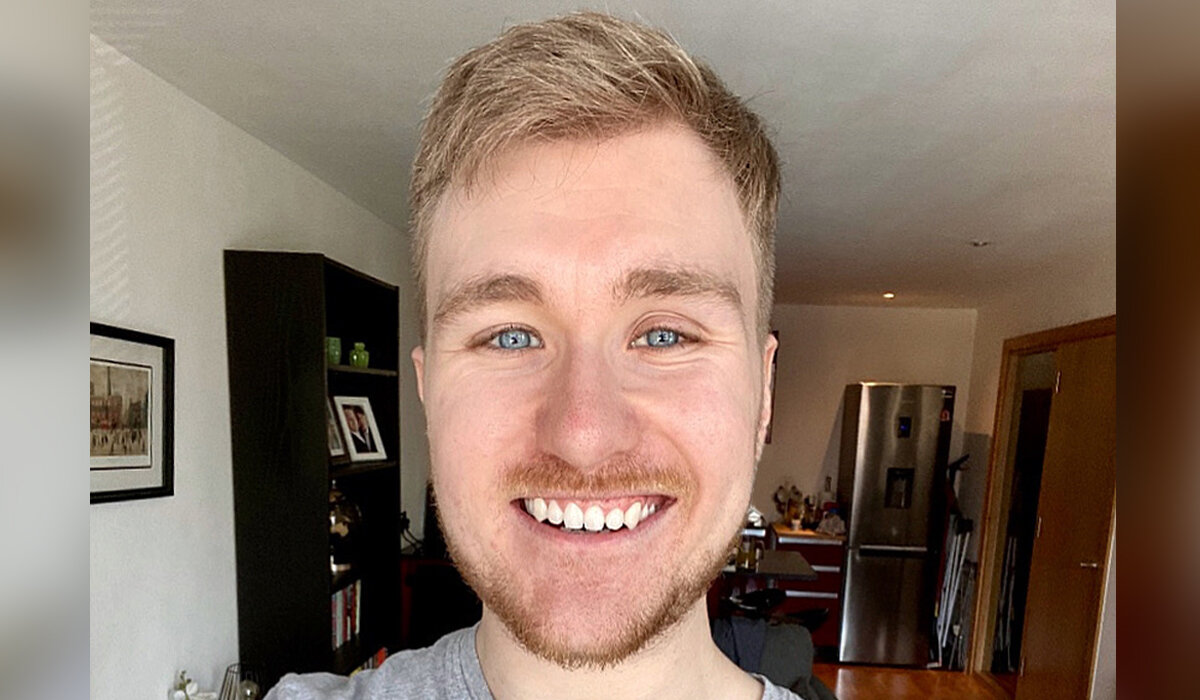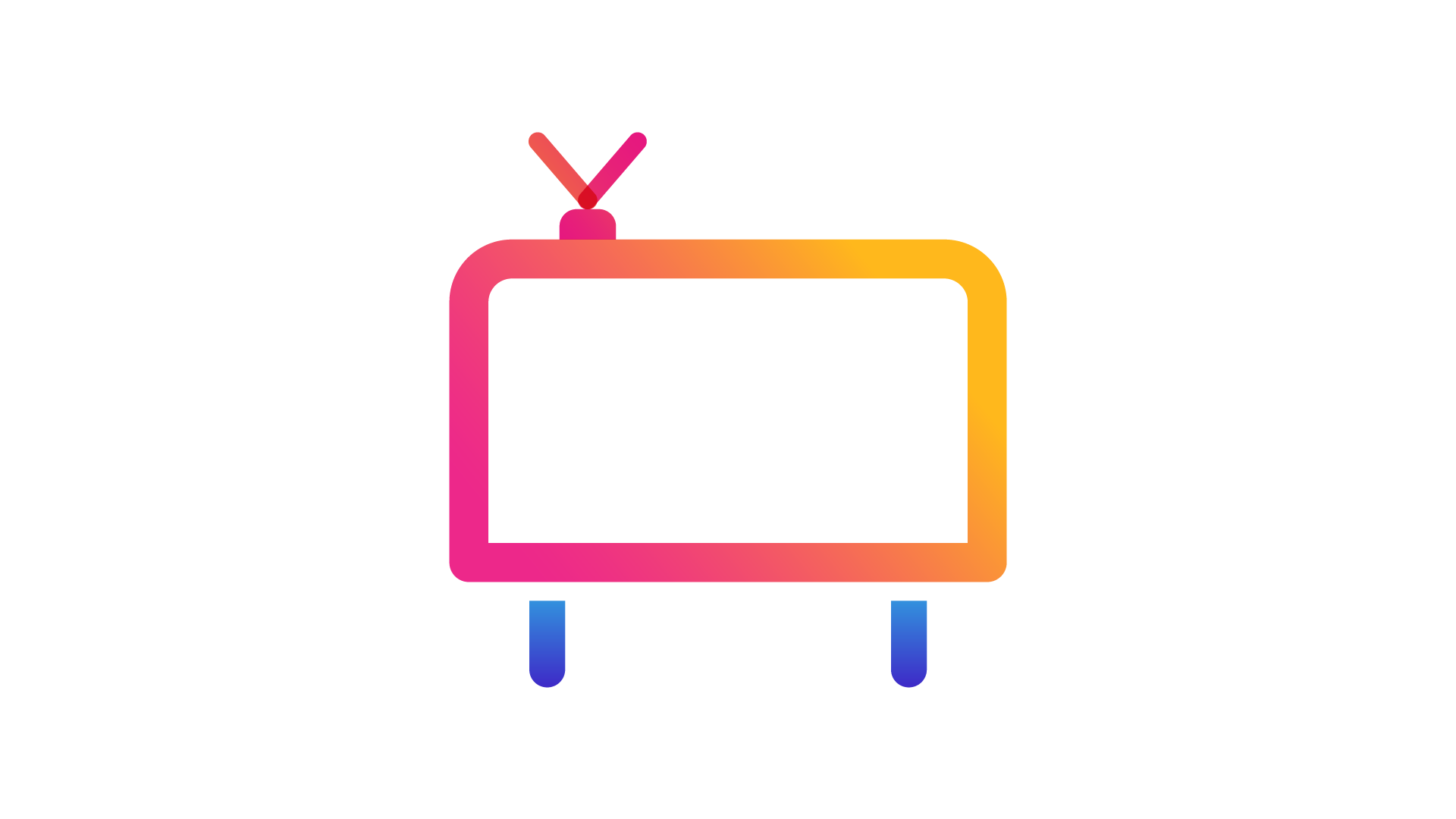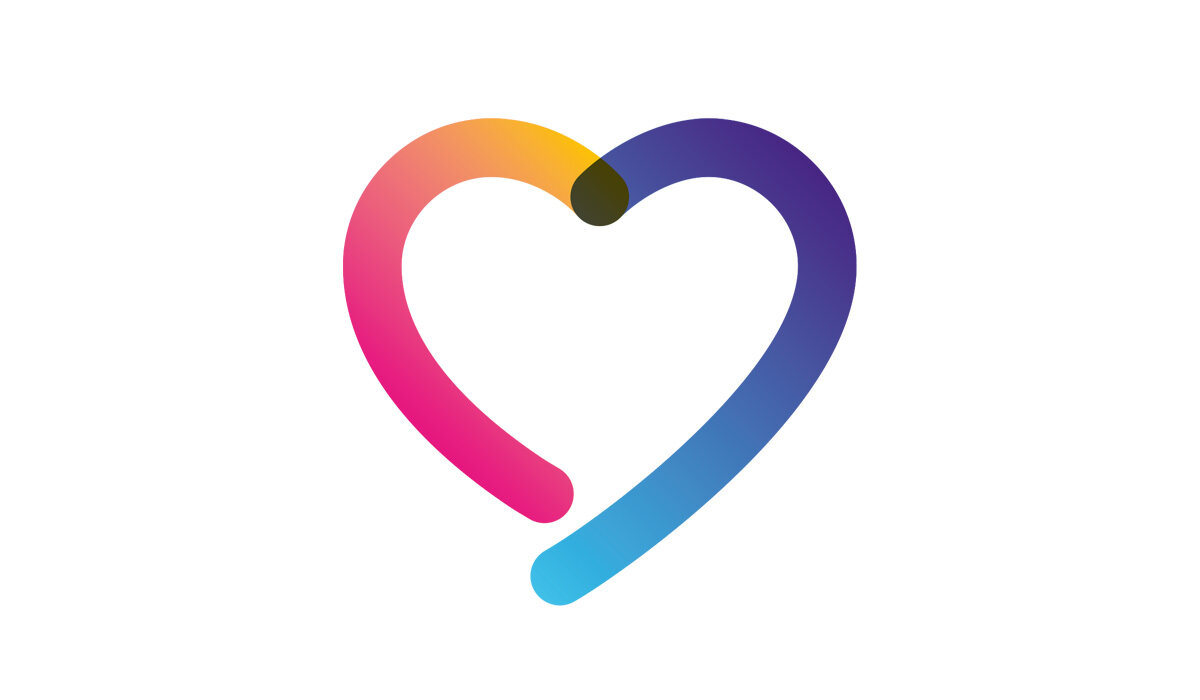
“Diversity of mind is critical both on-screen and off-screen.”
Nick Ransom
- on neurodiversity in film and on TV
Celebrating Pride Month with...Nick Ransom
To celebrate Pride Month in the UK, we’re interviewing autistic members of the LGBTQ+ community.
Last but certainly not least, we interview Nick Ransom, a gay autistic man who works for the BBC. Nick has worked on a number of interesting programmes, including A Question of Sport and, most recently, educational service Bitesize Daily. He chats to us about life on the spectrum, autism and mental health, and the importance of representing the LGBTQ+ experience both on and off-screen.
When were you diagnosed as autistic and what made you seek a diagnosis?
I was diagnosed as autistic when I was 20, and at university. It was my mum who first raised it. I’d always been a challenge at home and as I reached the end of my teenage years, she felt that something was amiss.
After speaking to her GP, she came home and told me I might be on the spectrum. Naïve and misinformed, I was offended at any suggestion of a ‘disability’. I heard my mum that day but I certainly wasn’t listening.
A few months passed and I attended my first Pride event in Reading. That day was the first time since that conversation that I felt something might be ‘different’ about me. Music, dancing, people. It was a nightmare. Something inside me felt numb. What was it?Driving home, it all clicked. Maybe I was ‘on the spectrum’ and just couldn’t handle the intensity of life. I quickly did my research and instantly, I wanted that diagnosis. I was equally stunned, enlightened and somewhat excited that a ‘condition’ existed that was made up of all my characteristics.
What is being autistic like for you?
It’s a never-ending rollercoaster! I think in black and white, up or down, 100% or 0%. It’s this that makes life so exhausting. Relationships with people are either amazing or a disaster. Due to this, I struggle badly with obsessive thoughts.
I know that my detail-oriented mind is a great attribute to have in the workplace but domestically and personally, it can wreak havoc. Having OCD leads to constant doubting and an inability to distinguish between thoughts and feelings.
It’s something I’m learning to deal with it and writing a daily journal has really helped me. It means I can obsess about something productive and keep track of my decision-making.
What has your experience of being an autistic member of the LGBTQ+ community been like?
I’ll be honest, it’s weird being part of two communities, but an honour just as much! I am aware I am lucky (and very privileged) to be able to say that being gay doesn’t really impact my life much anymore. Autism has a bigger impact on my day-to-day activities so naturally I feel more of an attachment to that part of my identity.
This doesn’t mean I don’t relate to or engage with the LGBTQ+ community. Pride is something I celebrate with my partner every year with friends. My lack of social motivation however does limit my ability to take part in Pride and maybe disconnects me from the community slightly. On the whole though, I’m very proud to be both gay and autistic.
Could you tell us a bit about your experience as an autistic person in the media industry?
I am blessed to have made it into the industry I’ve always dreamed of being in. I have now worked at the BBC for nearly two years. Everyone I’ve come across has always been so understanding and open to learning about autism.
I’m not saying that I live in a perfect world, or that the rest of the industry isn’t as accommodating, but there is a long way to go and getting more diverse talent (on-screen and off) has to be made a real priority. There’s no point making shows or digital content that doesn’t reflect the society we live in.
For me, every time I’ve started a new role, I’ve always been asked, ‘what can we do help?’, which is great, and I recently started asking for the same desk every day. Hot desking is made to sound so essential but seeing the same scene in the office genuinely gives me one less thing to think about. It really makes a difference.
During my first two years in the industry, I’ve made efforts to try and further the knowledge and perception of autism amongst colleagues. I did a Q&A earlier this year and I was blown away by people’s interest in neurodivergence. I’m just starting out really but I think if you are given an opportunity to talk and can, it’s your duty to represent those who can’t.
On the whole, it is an absolute joy working in such a creative field. There’s really very little stress involved when it’s your obsession. However, I think knowing what you’re good at and not so good at is fundamental to coping in the workplace.
Why do you think representing LGBTQ+ autistic people is so important?
It’s essential that we’re seen. It makes you feel part of the world when you can relate to somebody’s story and I want to see a bigger breadth of programming on autism. I’m always alarmed that the word 'neurodivergence' isn’t used more widely in the media. Diversity of mind is critical both on-screen and off-screen.
"Diversity of mind is critical both on-screen and off-screen."
There have been many occasions over the last few years, working on shows such as A Question of Sport or now the new Bitesize Daily educational service, where that obsessive eye has helped polish programmes.

The media is so fast paced that having someone on the team with fresh eyes for detail can really make a difference. I’ve learnt I should never have a fear of raising ideas on refinement. My most recent series producer was in fact very grateful to me for raising an inconsistency on graphics and branding!
What advice would you give to other LGBTQ+ people on the spectrum?
I think just that ‘you’re not alone’. Being LGBTQ+ sometimes feels as if you’re on another planet when trying to relate to people. In addition to that, being autistic also makes you feel that your planet is upside down, in another language, and rarely talked about, which doesn’t help either!
The day-to-day reality of accepting your differences is hard. It’s not easy to walk out your house every day and be proud of who you are. However, there are always people out there who care and it’s important to keep searching for strategies that work for you. I personally still have a long way to go. Rarely is anyone else’s life as it seems online.
How are you coping with the coronavirus restrictions? Do you have any tips for autistic people who are struggling?
It’s tough isn’t it? Really tough. I’ve personally made a commitment to myself, and my journal in fact, not to make any rash or impulsive decisions during this period of uncertainty. Although that’s a bit repressive and often not easy, I’m trying to remember a lot of effects are ‘just lockdown’.
This won’t last forever and life will always go on. It’s just recognising that whatever you’re experiencing and continue to experience, your response and strength of character is the most important thing. The only other thing I want to say is that I genuinely wish the whole autistic community the very best at this intense time.
Similar stories

"I feel right at home within the autistic LGBTQ+ community, and I wouldn’t change a thing."
Ashley
- on being part of the LGBTQ+ autistic community
Read more

The Spectrum magazine
Explore one of the UK's largest collections of autistic art, poetry, and prose. The Spectrum magazine is created by and for autistic people, and is available both online and in print.
Read the Spectrum





You are not alone
Join the community
Our online community is a place for autistic people and their families to meet like-minded people and share their experiences.
Join today